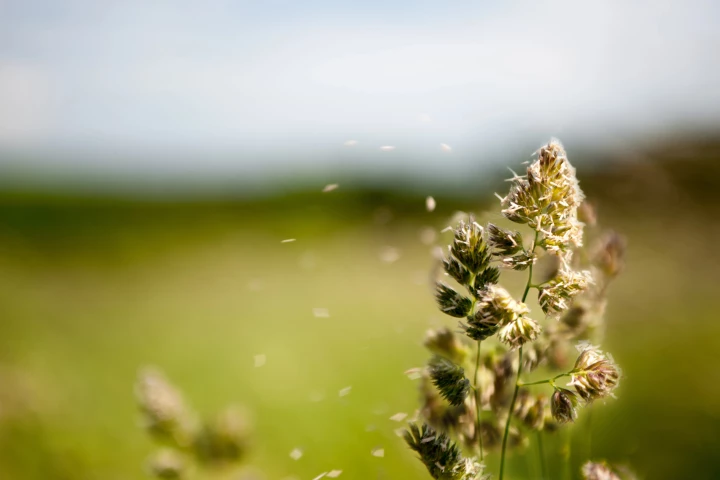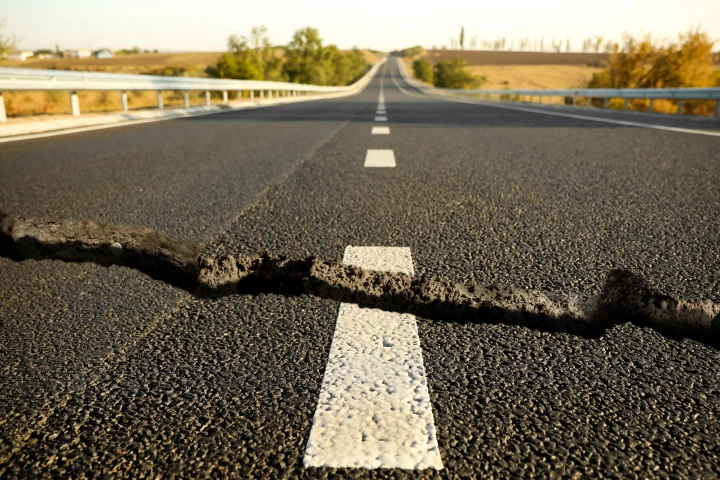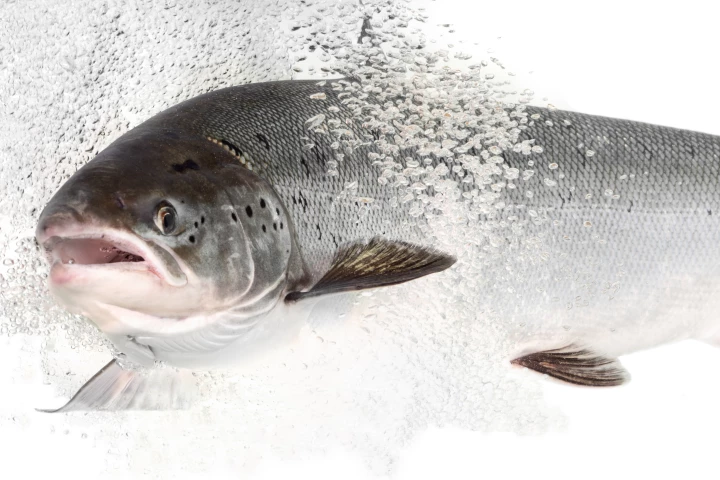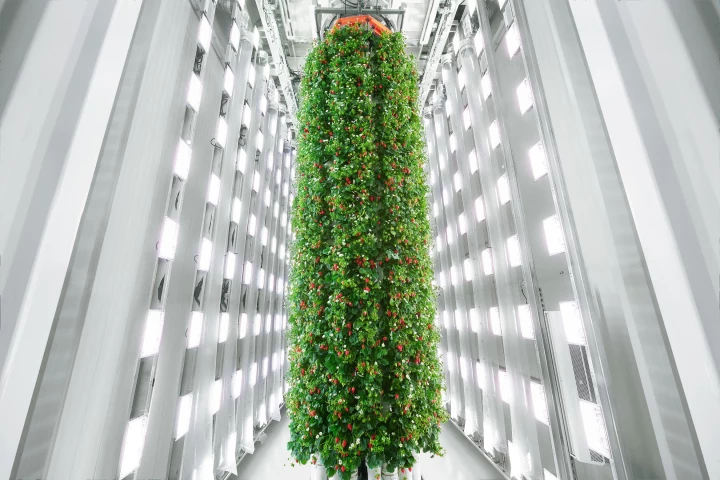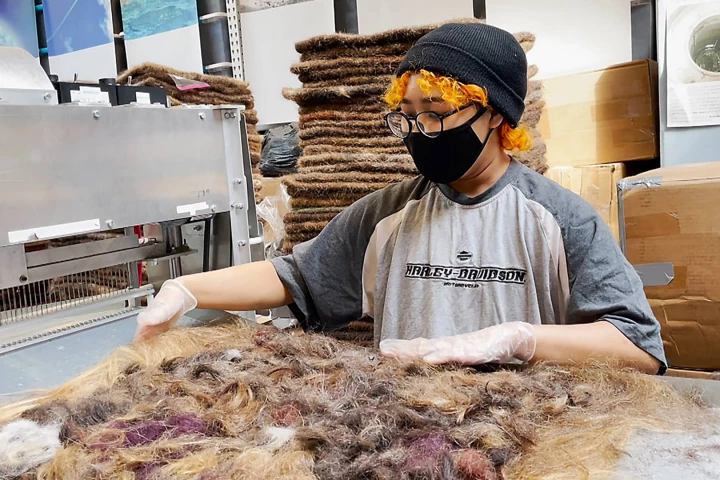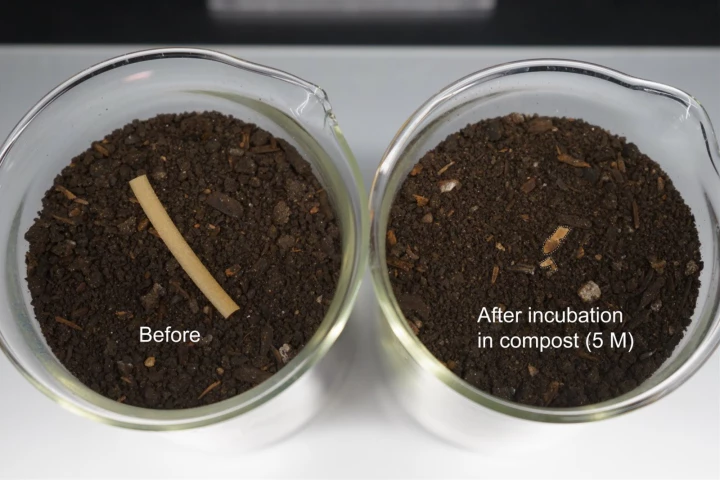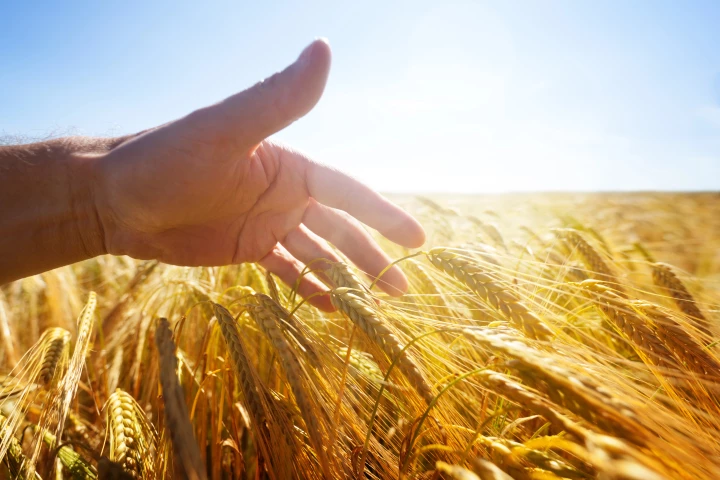Environmental
-
Scientists have developed a nasal 'molecular shield' that disarms pollen, blocking allergic reactions fast without the use of drugs. This non-invasive method to effectively silence hay fever could be a game changer for around 81 million Americans.
-
There have been some wildly ambitious schemes to knock the power out of hurricanes over the years. Now, scientists believe they have come up with a way to successfully subdue these destructive storms, long before they have a chance to reach land.
-
An alarming new report reveals that right across the country, 28 US cities are sinking, showing the kind of geologic subsidence that could impact buildings and infrastructure sooner rather than later. But, scientists say it's not yet too late to fix.
-
A benzodiazepine seeping into waterways is causing young Atlantic salmon to behave strangely, with fish in the wild migrating more rapidly and taking more risks on their journey from river to ocean. It even seems to be messing up their social lives.
-
New research by Yale has found an association between exposure to chemicals commonly used in firefighting and incidence of a brain tumor called a glioma in firefights, suggesting that the cancer may have an environmental cause.
-
ExxonMobil just signed a lease for 271,068 acres of undersea land off the coast of Galveston, Texas to capture and permanently inject carbon emissions into the underwater rock bed, making it what will be the largest CO2 dump in the United States.
-
Major steps towards better, sustainable and affordable food production free of environmental challenges have been taken, with the with the opening of the "world's first farm to grow indoor, vertically farmed berries at scale".
-
What does a 450-million-year old land plant have to do with waking you up for work in the morning? Unless you're sleeping on a forest floor, we'd say not a whole lot. Moss Echo is out to change all that, bringing ancient nature into the modern home.
-
In a world of weird, this one ranks up there... A non-profit out of San Francisco, California, is cleaning up oil spills using the naturally adsorbent properties of human hair, woven into thick mats that soak up a gallon and a half at a time.
-
A new biodegradable plastic embedded with spores of plastic-eating bacteria manages to break down 90% of the material after five months in landfill. Weirdly, this actually made the plastic tougher and stronger during use.
-
The Floating Glass Museum is the stunning result of a collaboration between an international team of architects and designers who, with the support of AI, have merged tradition and innovation to envision a traveling symbol of environmental awareness.
-
Herbicides were once touted as ‘miracle’ chemicals, but their days may be numbered as researchers work on targeted SynComs, microbial sharp-shooters that can take out weed infestations, enrich soil and, importantly, are safe for us and the environment.
Load More
